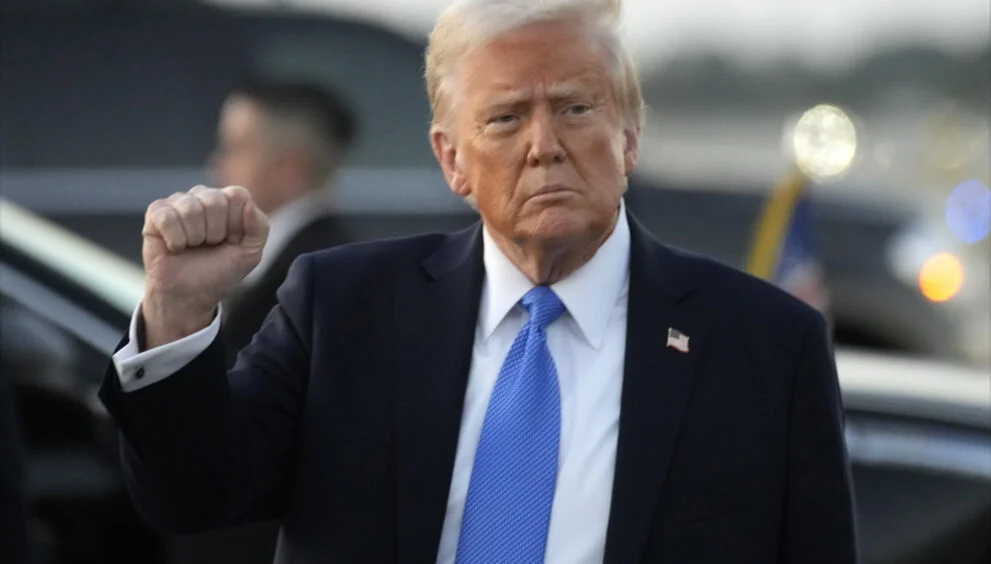The United States is hosting a landmark two-day summit at the White House, beginning Wednesday, July 9, with leaders from five West and Central African nations: Senegal, Liberia, Guinea-Bissau, Mauritania, and Gabon.
President Donald Trump welcomed the heads of state to discuss trade, investment, and security, marking a shift from traditional foreign aid to strategic economic partnerships.
Summit Focus and Agenda
The summit, described by a senior U.S. official as an opportunity for “open dialogue,” aims to foster private sector investment and deeper economic ties.
The invited nations, all Atlantic coast countries, possess underexploited resources like Gabon’s manganese and uranium, drawing U.S. interest amid global competition for critical minerals.
Security cooperation, particularly against piracy in the Gulf of Guinea and drug trafficking—highlighted by Guinea-Bissau’s recent handover of convicted smugglers—also tops the agenda.
Migration and debt issues, such as Senegal’s 111.4% GDP public debt and its stalled $1.8 billion IMF loan, are expected to surface in bilateral talks.
Strategic Context
This gathering reflects a pivot from aid-based models, following the closure of USAID, toward a transactional approach favoring self-reliant partners.
The U.S. seeks to counter China’s dominance in Africa’s trade and mineral sectors, as well as Russia’s growing influence in the Sahel.
The choice of these five nations—over larger players like Nigeria or South Africa—suggests a focus on stability and resource potential, though it has sparked speculation about geopolitical snubs amid tensions over BRICS ties and recent tariff disputes.
Implications for Africa and the U.S.
For the African leaders, the summit offers a chance to secure investment and infrastructure support, though some view it as a resource grab masked as partnership.
Liberia aims to reposition itself as a trade partner, while Guinea-Bissau seeks economic aid.
The U.S. hopes to bolster its strategic foothold, but the lack of press appearances and past diplomatic missteps—like the 2018 white genocide video incident—raise questions about execution.
With a broader summit planned for September, this meeting sets the tone for future engagement.
Looking Ahead
As discussions unfold, the success of this summit hinges on balancing U.S. interests with African priorities.
Enhanced trade deals and security pacts could strengthen ties, but unresolved issues like tariffs and migration policies may test the relationship.
The outcome will shape America’s Africa strategy in an era of shifting global alliances.




















